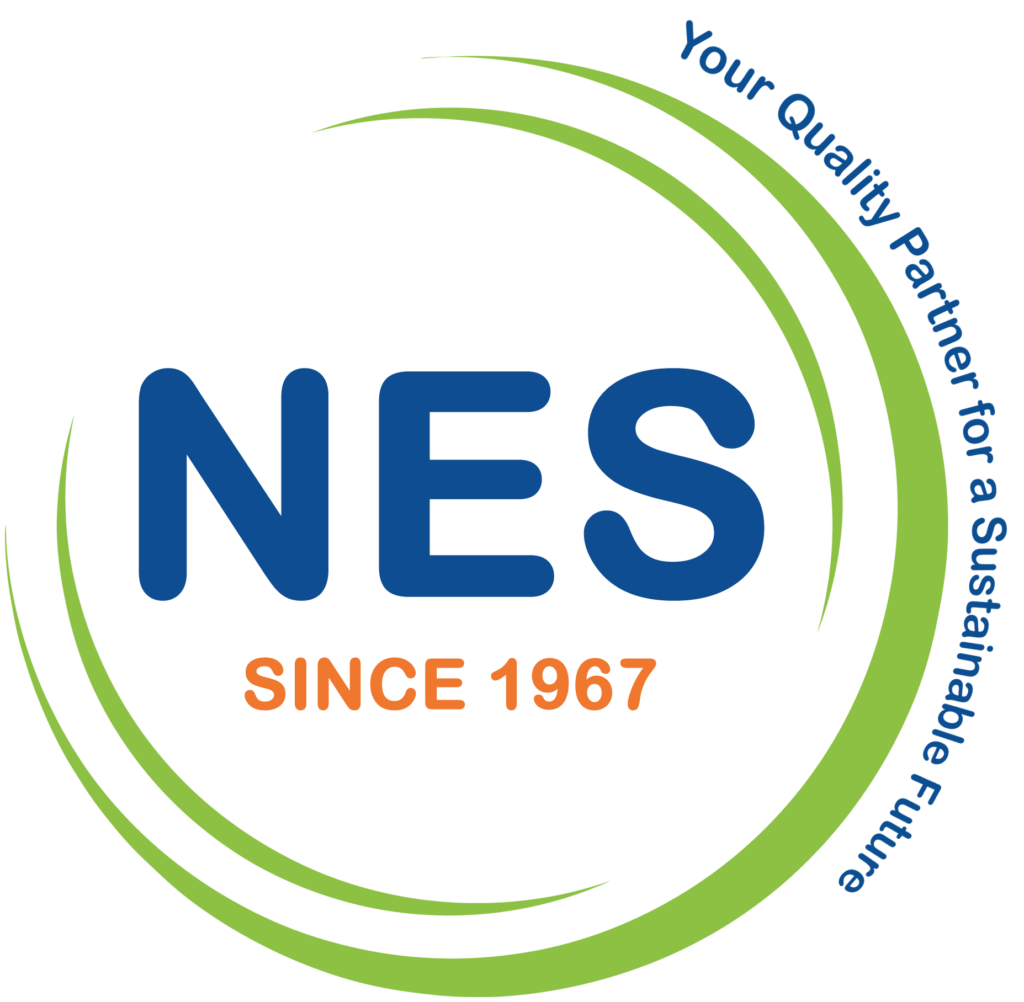- Home
- Sectors
- Agriculture & Food
- Consumer Goods & Retail
- Chemicals & Petrochemicals
- Industrial Manufacturing
- Mining
- Trade
Agriculture & Food
Agriculture & Food
Agriculture & Food
Agriculture & Food
Agriculture & Food
Agriculture & Food
- Services
- COC Certificate Of Conformity
- Carbon Footprint
- Certification
- BRCGS CERTIFICATION
- FSC CERTIFICATION
- FSSC 22000 CERTIFICATION
- GLOBAL GAP CERTIFICATION
- GRASP CERTIFICATION
- HACCP CERTIFICATION
- IFS FOOD CERTIFICATION
- ISO 9001 CERTIFICATION
- ISO 14001 CERTIFICATION
- ISO 22000 CERTIFICATION
- ISO 27001 CERTIFICATION
- ISO 37001 CERTIFICATION
- ISO 50001 CERTIFICATION
- ISO 45001 CERTIFICATION
- IATF 16949:2016 – CERTIFICATION
- inspection
- Testing Services
- Weigh Bridges
- Digital Transformation Consultation
- Clients
- Request A Quote
- Accreditation
- Training


